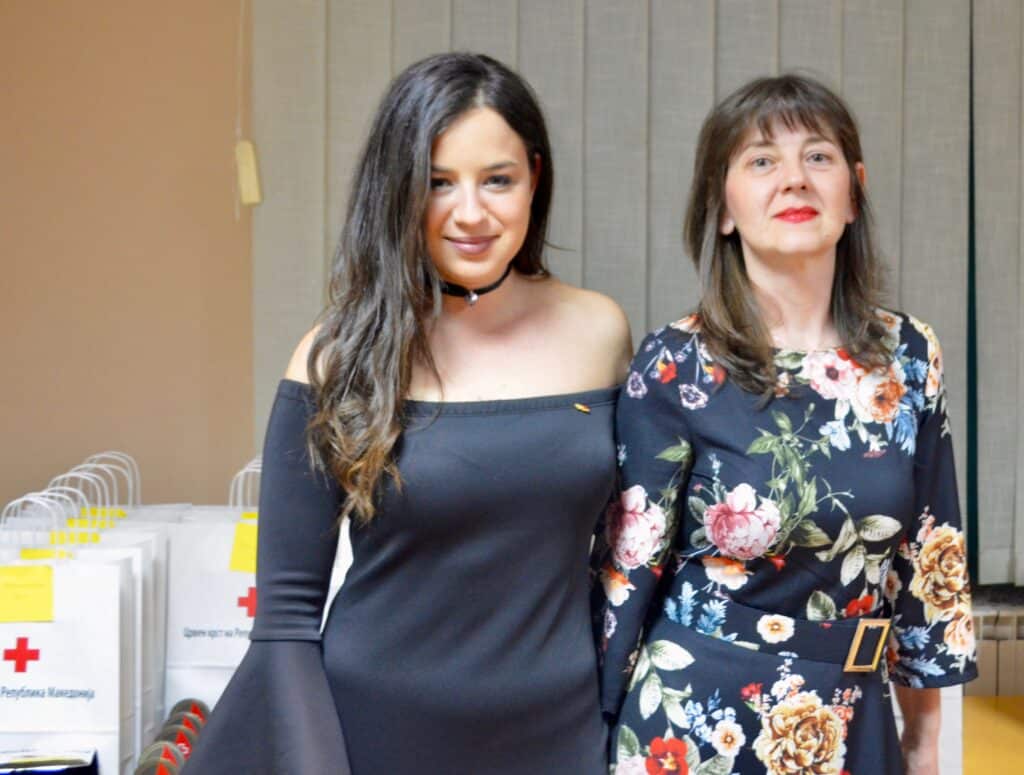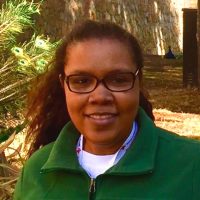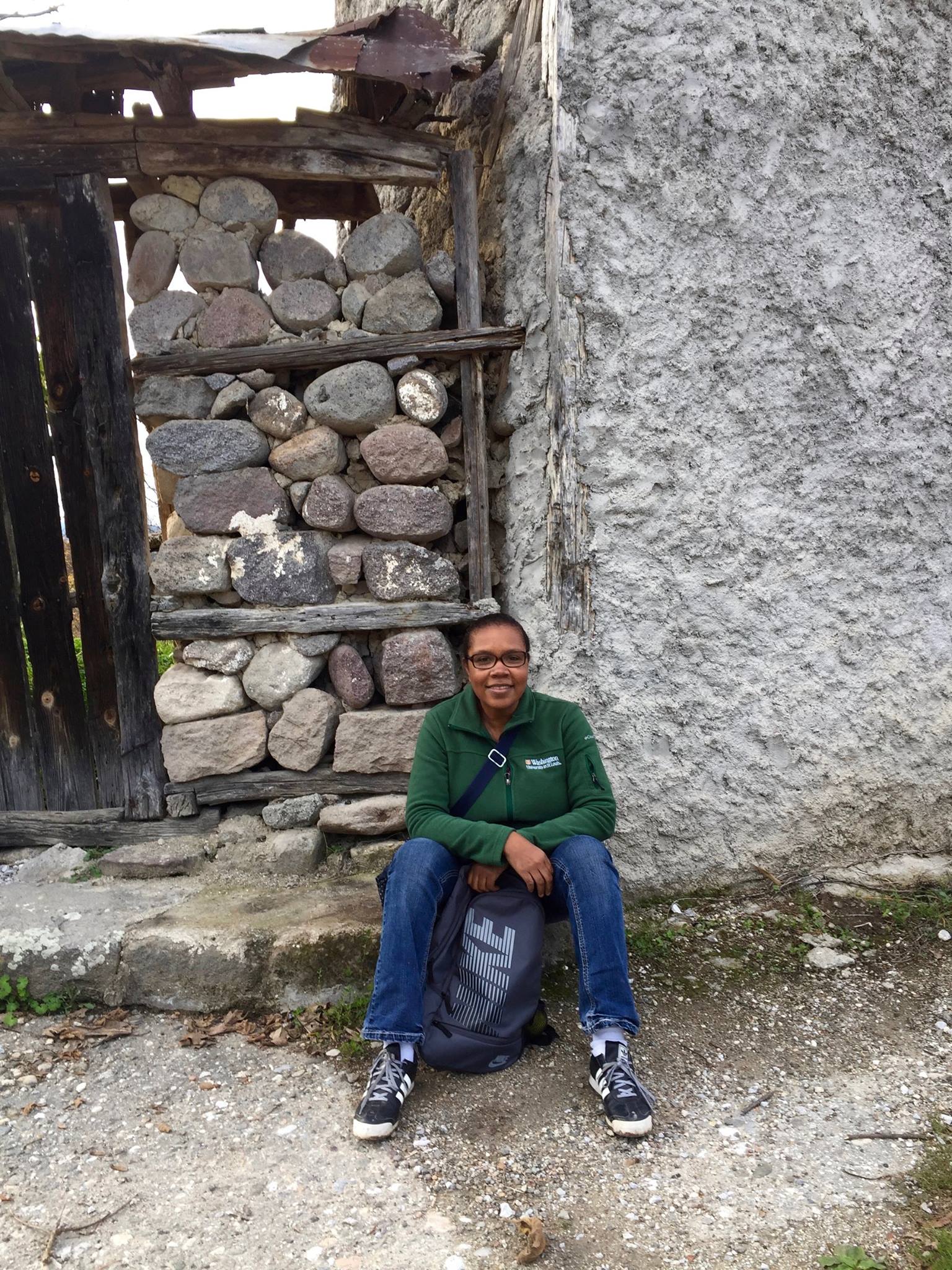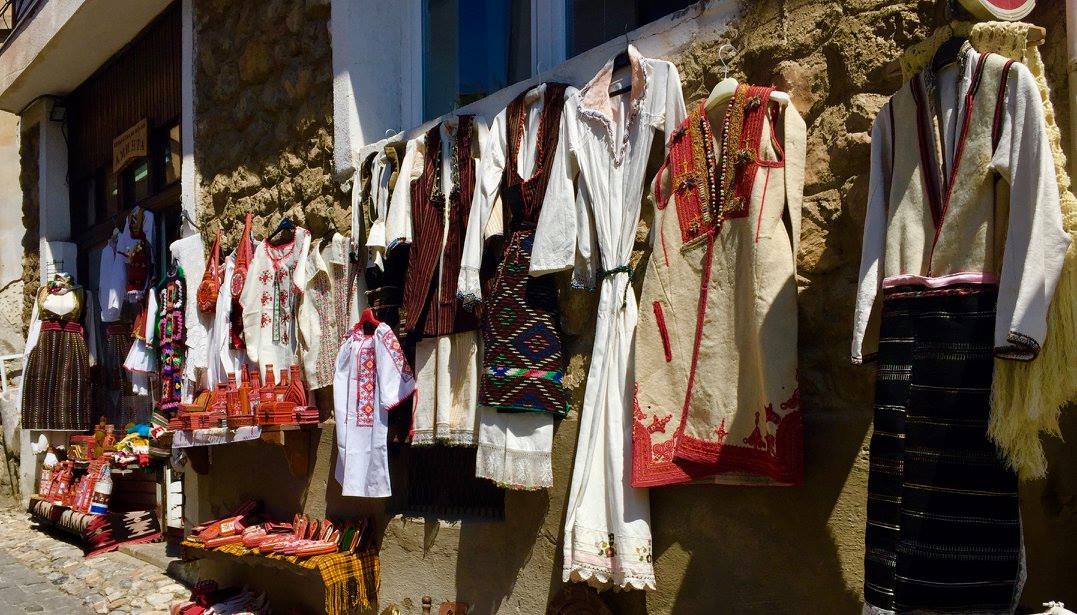When I applied to the Peace Corps, I was given three options for assignments: China, Thailand, or a nebulous third choice, “do anything and go anywhere.” I chose the third, more nebulous option and was assigned to Macedonia.
When I arrived in the Republic of Macedonia in 2016, I found that I was working with some serious trepidations. As an insecure child and young adult, I needed to build consistency into my life. I used structure to feel that the world was a safe place. As a Black American who grew up in St. Louis, some of my fears were far from irrational. But even though I knew that joining the Peace Corps would be a challenge, I felt, at age 47, I was finally ready.
Although I wanted to be assigned to a small village like Vatasha, the Country Director assigned me to the second-largest city in Macedonia, Bitala. An experienced volunteer oversaw assignments for our new cohort. He explained that it worked best if we could identify our new host families through our own work contacts. Mark Hannifin, our Country Director, actively encouraged me to find a family where I would feel comfortable.
I began searching while I started to work at the Red Cross, but my host mother, Dr. Liliana Ristevska, chose me first. Lili was on the Red Cross board and wanted me to join her large family. Her relatives were all well-educated professionals who welcomed me with open arms. They volunteered their time and skills in various community organizations, and all spoke excellent English.

I don’t know how Lili made time for me; she owned her own dental practice, later became the President of the Red Cross, and volunteered for the Lions Club. Between work, volunteering, and personal time, the family was very busy. Somehow, they always found time for each other.
The Ristevska-Servinis were more than a host family. They protected me, made me feel safe, and introduced me to a culture that I came to love unlike any I’ve ever known. There are many examples of ways that my family helped me relax — but here are a few.
When we went out to dinner together, people around us were curious about meeting an American. Some men presumed to be potential suitors; others had more sinister things in mind. Lily kept her eyes on each of the men, and if she did not approve, her eyes would tell them firmly to get lost. I quickly felt safe around men she approved of.
Inside my host family’s home, the floors were separated into three apartments. Mine was on the second floor, Lili’s was on the third, and everyone else slept in the first floor apartment. I often had trouble falling asleep, so Mihail, my host brother, and also a musician, played popular songs such as the Eagles’ “Hotel California” to soothe me to sleep.

Katerina was a Macedonian teenager who volunteered at the American Corner library sponsored by the U.S. Embassy. Katerina’s English was proficient, so much so that she felt more confident speaking English than when she engaged people in her native tongue. Together with Peace Corps volunteers I recruited from different cities, we created fun geography and English summer projects for primary-age children.
Kindness, I learned, was practiced far beyond my host family circle of friends. People trusted each other in ways that might seem naive to Americans. They left their houses unlocked or walked away from their cars with keys left in the ignition. When a friend thought she had lost her cellphone, she just shrugged her shoulders and said, “They’ll need it more than I do.” When I was ready to buy something at a store, I discovered that I had forgotten my credit card. “Don’t worry, Diane,” the clerk said. “Just take it home. Come back and pay me when you can.”
When I returned to St. Louis, I came to understand the irony embedded in the Peace Corps Third Goal – to impart a better understanding of other peoples on the part of Americans. Americans could learn a lot from Macedonians – that racist behavior disappears when you treat other people as members of the human family. Americans could learn that wealth does not consist of accumulating consumer goods. Americans could learn that kindness and trust can not only solve urgent social problems, they also make people feel much safer in their daily lives. My most important lesson was that even though I gave a lot as a volunteer, I received much more than I gave.






